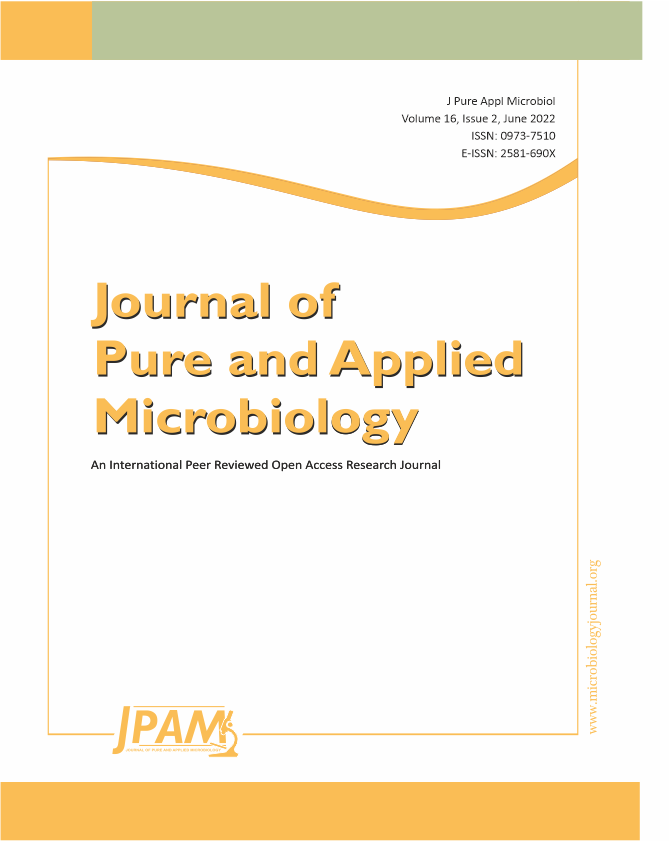This study aimed to investigate the effect of potential metabolite(s) produced by Paraburkholderia spp. isolated from the Rhizopogon roseolus (shouro mushroom) sporocarp on the mycelial growth of R. roseolus. For this purpose, we selected two molecularly identified bacteria: P. fungorum GIB024 and P. caledonica KN1. Direct confrontation assay at three different distances, a pour plate method that sampled bacterial spent broth either with and without agitation at 25 °C, and an indirect confrontation assay was carried out in order to assess the R. roseolus growth-promoting ability of Paraburkholderia spp. These assessments were carried out in a 1:5 diluted Melin-Norkran-modified medium with glucose (hs-dMMN) and without glucose (ls-dMMN). GIB024 promoted the growth of R. roseolus in ls-dMMN in short distance, whereas KN1 inhibited the growth of the fungus in that condition. In hs-dMMN, both bacteria have neutral or slightly promotion effect toward R. roseolus. We determined from the spent broth analysis that Paraburkholderia spp. that grew axenically under static conditions had a more pronounced mycelial growth-promoting effect on R. roseolus than under agitation conditions. We also found that high concentration of spent broth resulted in a decrease in mycelial growth-promoting ability. Volatile metabolite(s) produced by both bacteria did not promote the mycelial growth of R. roseolus. In conclusion, Paraburkholderia spp. exhibited a species- and nutrient (sugar)-dependent ability to promote the mycelial growth of R. roseolus, and the bacterial soluble metabolite(s) play a crucial role in their growth-promoting ability.
Metabolite, Ectomycorrhizal mushroom, Parabulkholderia, Rhizopogon
© The Author(s) 2022. Open Access. This article is distributed under the terms of the Creative Commons Attribution 4.0 International License which permits unrestricted use, sharing, distribution, and reproduction in any medium, provided you give appropriate credit to the original author(s) and the source, provide a link to the Creative Commons license, and indicate if changes were made.


